Radical cystectomy
What is radical cystectomy?
Radical cystectomy is the surgical operation for treating bladder cancer, which is caused by tumors located in the muscularis propria.
How is radical cystectomy surgery done?
Radical cystectomy can be operated as open surgery, minimally invasive surgery, or robotic surgery. It is often done under general anesthesia. During the operation, the entire bladder, as well as a part of surrounding organs such as the prostate in men or uterus in women, are removed through an incision to the abdomen. Then, the urinary tract is rebuilt to provide a way out of the urine. This process can be done through several different methods, including ileal conduit, neobladder reconstruction, and continent urinary reservoir.
The reasons for having radical cystectomy
Radical cystectomy is mostly done to treat cancer. Still, some birth defects impacting the urinary system as well as some neurological disorders can also be the reasons behind having a radical cystectomy.
Before the radical cystectomy operation
Ahead of the radical cystectomy, the patients are required to disclose the medications they use as well as their usage levels of cigarettes, alcohol, and drugs to their doctor. Depending on the case, your doctor may demand you to reduce these consumption levels. Smokers are recommended to stop smoking before the operation since it might negatively impact the recovery process by causing new issues to be developed in the bladder.
After the radical cystectomy operation
Following the radical cystectomy operation, the patients might be required to stay in the hospital for about a week to accelerate the recovery process. The intestines might require special care after the operation, making the hospitalization a must to monitor the healing process of the intestines. The patients are also recommended to take small walks regularly after the surgery, as it contributes positively to the healing process by improving blood circulation. The cuts made during the surgery might cause some pain afterward, but the pain fades away in time.
What are the risks of radical cystectomy?
Some of the complications that can be experienced with radical cystectomy are bleeding, infection, blood clots, dehydration, and blockages.
Frequently Asked Questions
How long does it take to recover from radical cystectomy?
The recovery process following the radical cystectomy surgery takes about six weeks, during which the patients are recommended to avoid any heavy physical exercise.
How successful is radical cystectomy?
The studies reveal that about 68% of radical cystectomy operations are successful.
Can a person live without a bladder?
Yes. A person can live without a bladder and even pursue all the habits he/she had before. He/she can go to work, hang around, and do exercise including swimming. The mandatory usage of a urostomy bag might cause some discomfort at first but in time, the patients get used to it. People around you often do not realize the fact that you don't have a bladder unless you tell them.
How long are you in hospital after a cystectomy?
The patients often spend about a week within the hospital after the surgery.
What can you not do after bladder surgery?
The patients are required to not engage in heavy exercises including bicycle riding, and jogging for approximately three weeks after the surgery.
What can you eat after a radical cystectomy?
As long as they drink a lot of water, the patients can continue their usual diet after the operation, unless their doctors recommend otherwise.
Please contact us to get more information on Radical Cystectomy operations within minutes.

 Türkçe
Türkçe